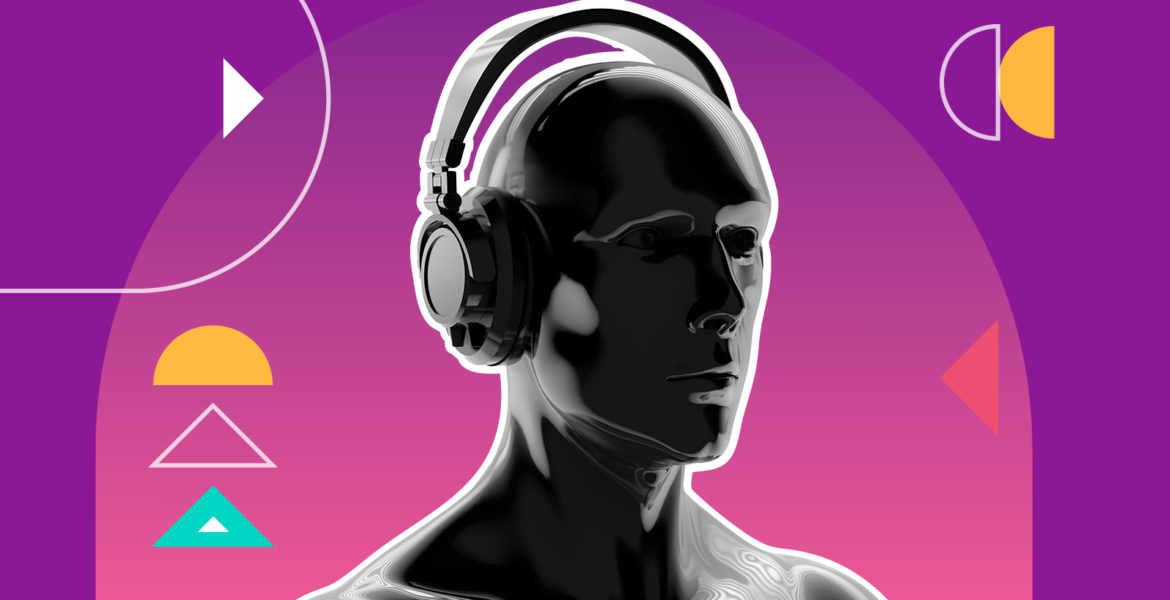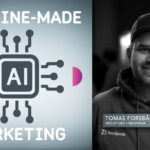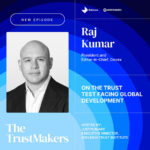The digital transformation of the music industry leaves a landscape both exhilarating and unsettling. Streaming algorithms dictate playlists, AI-generated melodies flood the market, and the very definition of “artist” is being challenged. But amidst this technological upheaval, can the soul of music – that elusive quality we call “organically grown” – truly survive?
A recent panel at Converge in Austin, “Don’t Stop The Beat: Music’s Everlasting Impact on Culture,” offered a glimmer of hope. Hosted by Michelle Miller, a Music and Theater Professor at the University of Kansas, the conversation brought together a diverse trio of industry voices: Jesper Staffas of Epidemic Sound, Zeena Koda of the Asian American Collective, and Nait Jones, a music manager and AI entrepreneur. Their insights, while varied, converged on a central theme: the enduring power of the human element in a world increasingly shaped by algorithms.
The Algorithm’s Mirage: Authenticity as the Antidote
In an era where data reigns supreme, the temptation to chase trends and cater to algorithms is undeniable. But as Zeena Koda so eloquently put it, “People can see legitimacy and see authenticity no matter what way you’re trying to convey it.” This isn’t just feel-good rhetoric; it’s a strategic imperative. Audiences, particularly younger generations, are increasingly savvy and discerning. They crave genuine connection, not manufactured hype. The key, as Koda emphasized, lies in building a vibrant community around the music, fostering a sense of belonging and shared experience that transcends the digital realm.
Beyond the Playlist: The Art of Storytelling and the Resurgence of the Album
The fleeting nature of singles in the streaming era has led many to question the future of the album as an art form. But Nait Jones offered a provocative counterpoint, arguing that “Consumers are back the other way now, where they’re really starting to actually reward again for artists who take the time to actually build out a true album concept.” This isn’t just about nostalgia; it’s about a deeper yearning for narrative and immersion. In a world of fragmented attention, artists who can craft compelling stories and create cohesive listening experiences will be the ones who truly capture our imaginations.
The Commitment Quotient: Talent is Not Enough
Perhaps the most challenging and thought-provoking insight of the panel came from Nait Jones, who argued that the music industry’s primary shortage isn’t talent, but rather “people who are committed to their talent.” In a culture obsessed with instant gratification, this is a crucial reminder that success requires perseverance, resilience, and a willingness to weather the inevitable storms. It’s about honing your craft, developing a unique voice, and staying true to your vision, even when the algorithms tell you otherwise.
The Human Element: The Enduring Power of Connection
Ultimately, the “Don’t Stop The Beat” panel served as a powerful reminder that music is more than just a product; it’s a form of human expression, a means of connecting with others, and a reflection of our shared experiences. As algorithms continue to shape the music landscape, it’s essential to remember the core values that have always made music so powerful: authenticity, creativity, community, and resilience. By embracing these values, artists can ensure that their voices continue to be heard and celebrated in a world increasingly shaped by technology.
The Legacy Continues:
As the conversation drew to a close, the panelists took the opportunity to platform organizations and artists that they believe are making a positive impact on the music industry:
- Zeena Koda championed the Asian American Collective, a non-profit organization dedicated to empowering Asian American creatives.
- Nait Jones urged support for the Paid in Full Foundation, which provides financial assistance to the pioneers of hip hop.
- Nait Jones highlighted the innovative work of Black Odyssey, a band pushing boundaries with their storytelling and visual artistry.
- Nait Jones also recommended David Sebastian, an artist and founder of Skid Row Fashion Week, using fashion to support the homeless.
- Jesper Staffas shone a light on Yarck Woman, a rising electronic artist mentored by a legend in the genre.
The future of music in the age of AI remains uncertain, but one thing is clear: the human element will always be essential. By embracing authenticity, storytelling, commitment, and community, artists can ensure that the beat goes on, inspiring and connecting us for generations to come.











